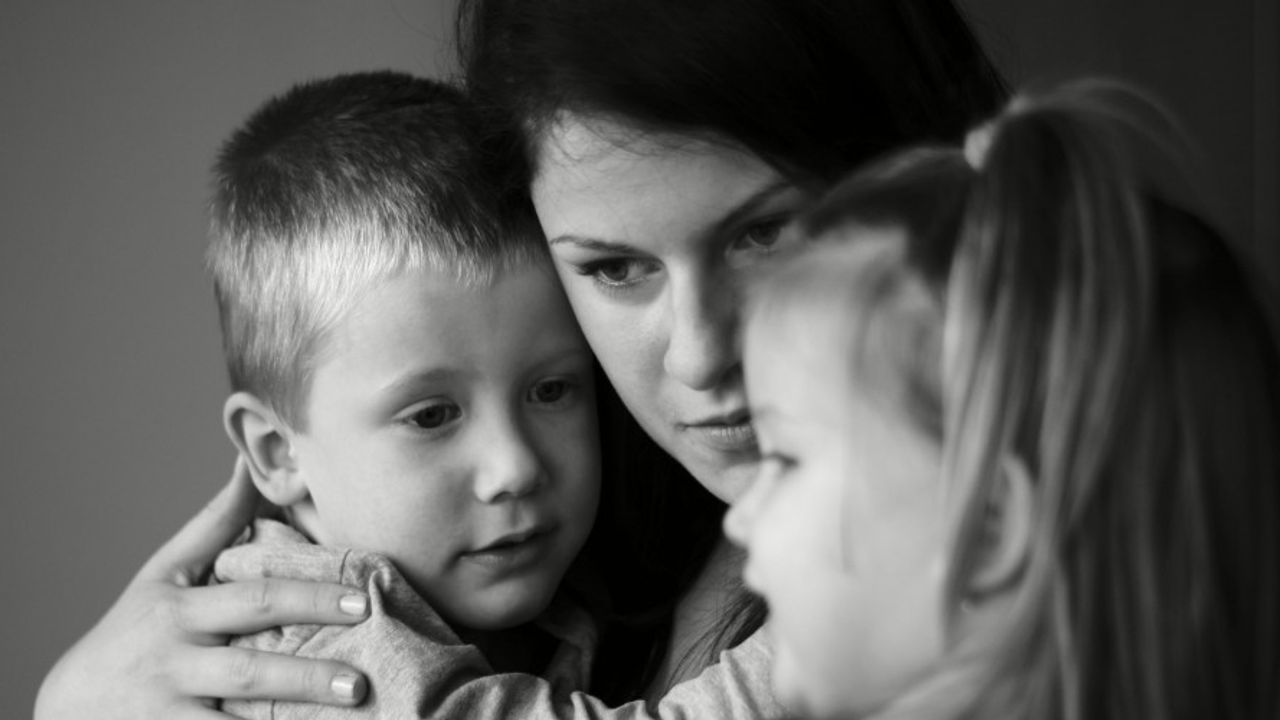Self-confidence in children expresses their belief and value in themselves. A child's self-confidence is related to their confidence in their own abilities, skills, thoughts, and emotional state. A self-confident child is self-accepting, brave in dealing with challenges, and believes in his own potential. They can also form healthy relationships with others and have a positive self-image. Self-confidence has a significant impact on a child's lifelong social, emotional and academic success.
.
10 important recommendations from Expert Psychologist Tuğçe Yılmaz to improve self-confidence in children;
.
1. Positive Feedback: Praising and appreciating your child's achievements increases their self-belief.
2. Independence and Responsibility: Giving children appropriate tasks and responsibilities from an early age allows them to be confident in their abilities.
3. Discovering Abilities; Supporting a child's interests and abilities increases their self-confidence. They can strengthen their self-esteem by achieving success in areas such as hobbies and sports.
4. Problem Solving Ability; Creating opportunities to deal with small challenges gives children confidence in their own abilities.
5. Supportive Environment:; A loving and accepting family environment and circle of friends will increase the child's self-confidence.
6. Redefining the Concept of Failure; By emphasizing that failures are opportunities to learn, you can reduce the child's fears.
7. Goal Setting; Setting achievable goals and explaining that self-confidence will increase when these goals are achieved increases the child's motivation and self-confidence.
8. Reconstructing Negative Beliefs; Teaching how to replace negative thoughts such as "I can't succeed" with positive statements such as "I can succeed if I try" will strengthen the child's self-belief.
9. Empathy and Social Skills; Teaching empathy and effective communication makes the child feel more comfortable in social relationships.
10. Self-Acceptance; Emphasizing that every child is different and the importance of accepting their own characteristics positively affects their self-esteem.
Remember that every child is different, so it is important to develop personalized approaches.










